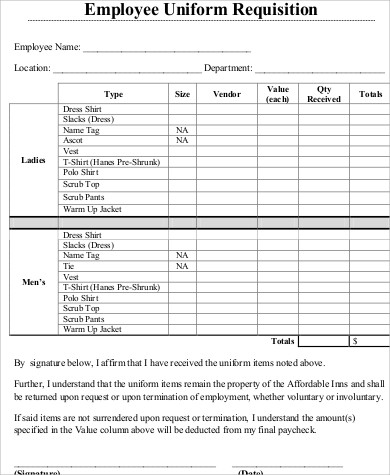
Jan 1, 2018 - documents, including any insurance policies. You can request a copy of the. The same as a management associate of Walmart or a participating. To the annual enrollment occurring in fall 2017 (for the. 2018 calendar year).
Employee Handbook

Walmart's Employee Handbook Cost them $187.6 Million; What Could Your Employee Handbook Cost You? Categories:, Pennsylvania's Superior Court upheld a jury verdict of $187.6 million against retail giant, Walmart, Inc. In part for denying employee's meal and rest periods as promised in their. Walmart's violation regarding breaks and meal periods was not statutory but rather contractual. Pennsylvania law does not require meal breaks or rest breaks to employees over 18 years of age.
However, Walmart's employee handbook stated that hourly employees who work between three and six hours per shift would be given one 15-minute paid rest period and employees working more than six hours per shift would be given two 15 minute paid rest periods. The handbook further stated that if the employees were interrupted during their lunch break they would be paid in full for the break and given an additional rest period, which employees alleged did not occur. Employees filed a class action lawsuit against Walmart claiming they were not paid for rest periods and meal periods, as well as off the clock work in violation of the Pennsylvania Wage Payment and Collection Act and in breach of contract. The court ruled that Walmart's handbook policies pertaining to meal and rest periods were 'unilateral contracts' with employees that Walmart breached.
(June 10, 2011). The Trouble with Employee Handbooks Neither federal law nor Arizona law require that an employer give meal periods or breaks, but what does your employee handbook say? Federal law nor Arizona law require employers to provide employees with meal or break periods. However, the (FLSA) does state that if employers do offer short breaks, which are defined as 20 minutes or less, that those breaks be paid. The FLSA defines 'bona fide meal periods' as serving a different purpose than a break and are typically 30 minutes or longer. Employers do not need to compensate employees for meal periods that are 30 minutes or longer, as long as the employees are free to use their time for their own purposes.
Employers are expected to abide by their own written policies. Walmart's policy on meal and rest periods was very specific and viewed as an enforceable promise. Employers who provide breaks and meal periods to employees should mention it vaguely in the handbook and specify that breaks and meal periods are not guaranteed. For example, the handbook might state something like: Breaks and meal periods are at management's discretion. When time permits we will do our best to provide employees with a short break.
Additionally, we will do our best to provide employees with an unpaid 30 minute or longer meal period in which employees are free to use this time for their own purposes. However, neither breaks nor meal periods are guaranteed.
Hazards of Non-exempt Employees Walmart's handbook also promised employees that if their meal period was interrupted with work, they would be compensated for their time and then allowed an additional meal period, which did not occur. It is important for employers to realize that FLSA requires non-exempt employees to be compensated for all hours worked. If a non-exempt employee works during his or her lunch period that employee should be paid. For example, if Jane Doe decides to eat lunch at her desk and answers the phone and speaks with a customer, that is considered time worked and should be paid. To reduce liability employers should discourage non-exempt employees from eating in their designated work area. More importantly, to reduce the risks of an employee handbook being seeing as a contract with employees, employers should ensure their handbooks have a very clear and precise disclaimer. The disclaimer should state that the information within the handbook is not meant to create a contract and the handbook can be changed or revoked at any time.
The handbook should also have an employee attestation that echoes the same disclaimer. Employers are encouraged to have their and have an annual 'check up' with an attorney to ensure continued legal compliance. About the authors: is an employment attorney at that heads the employment law department at the Phoenix law firm of Jaburg Wilk. He assists employers in compliance with Arizona labor laws. Jerrie Martinez-Palombo, M.Ed, SPHR is a Human Resources professional has over 13 years of HR experience. This article is not intended to provide legal advice and only relates to Arizona law.
It does not consider the scope of laws in states other than Arizona. Always consult an attorney for legal advice for your particular situation. This policy is written based on Arizona law for Arizona employers.
